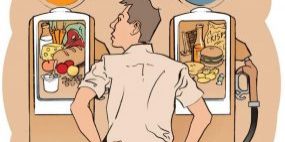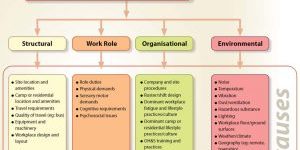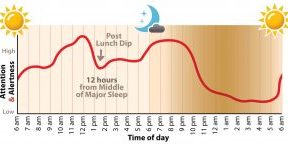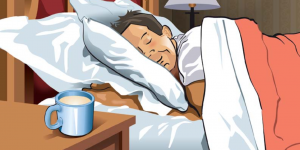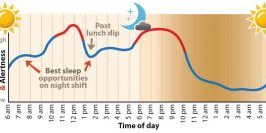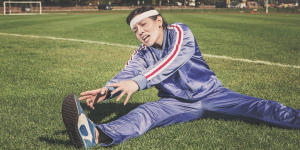Hydration
Food quality & fatigue
You are what you repeatedly eat! The food that you eat provides the fuel for your body to do everything it needs to do, every second, of every single day. Your daily energy levels, therefore, are only going to be as good as the fuel you put in your body; your food. For example, a……
Assessing your Fatigue
Your personal safety, and the safety of those around you, is dependent on three factors when it comes to fatigue: recognition that you are feeling fatigued;understanding the potential consequences of an accident whilst doing the task; andtaking action to manage your fatigue. You may be able to do some tasks during times of fatigue if……
What causes fatigue?
Fatigue is caused by a range of different factors. It is usually not just one factor but a combination of factors that will explain someone’s fatigue. Being able to characterise the symptoms will enable you to identify the underlying cause/s of your fatigue and take action to increase your fatigue resistance. The Fatigue Cause Model……
When will fatigue occur?
The time of day affects fatigue, due mainly to the body’s circadian rhythms. Circadian rhythms are natural body rhythms that are driven by the cycle of day and night. The start of the cycle is typically linked to the rising of the sun, and the person getting out of bed after a night’s sleep. During……
An introduction to sleep
Sleep is common throughout the animal kingdom. We do know there is still a lot to be leaned about sleep, despite considerable research. All animals require sleep and no permanent non sleeping species exists. Even plants and bacteria have a regular period of rest and inactivity. Humans spend one-third of their lives sleeping. Far from……
When should I sleep?
Our levels of alertness and attention are influenced by our circadian rhythms, as shown in the figure below. Circadian rhythms allow us to feel more alert during the day and less alert during the evening. This is the primary reason it is difficult to stay awake at night and why we may struggle to sleep……
Mood and sleep
It’s no surprise that sleep, or a lack of sleep, affects our mood. One sleepless night will cause most people to be more irritable, short-tempered and stressed. After a good night’s sleep, your mood often returns to normal. Whilst sleep does affect mood, mood also affects sleep. People suffering anxiety or stress will experience agitation,……
Getting enough exercise
We’ve talked about all the benefits of physical activity, but how do we know your fitness is causing you to lack energy and feel fatigued? Ask yourself these questions: Do you breathe heavily after walking up a short flight of stairs?Do you need to take a break or rest if you walk for 1 hour?Are……
Exercise and physical activity. How to finding the balance
Active living is a way of life in which physical activity and exercise are valued and integrated into daily life in a fun and enjoyable way. In other words, seeing physical activity as an opportunity not a chore. Remember being busy does not necessarily mean that you are active! Physical activity is any body movement……
Anxiety and fatigue
While the symptoms of anxiety disorders change with the specific diagnosis, the common theme is an overwhelming sense of worry and the associated lack of concentration, feeling tired and irritable. To put it simply, anxiety is when you worry about being worried. Feelings of anxiety are common in certain situations throughout life. However, when people……

